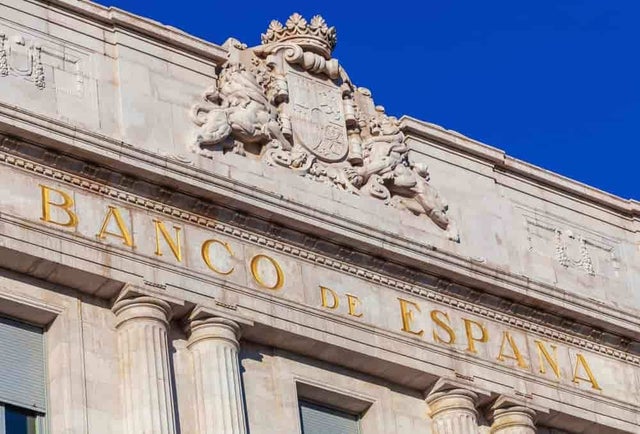
The demand for crypto surveillance comes at a time of rapid crypto adoption, as Spain recently regulated rampant crypto ads.
In his speech to the II Observatory of Finance organized by El Español on Monday, the governor cited a number of risks associated with cryptocurrencies such as Bitcoin and Ethereum.
One of the biggest and most prominent risks the governor has exposed is the "limited understanding" among investors about the characteristics of cryptocurrencies. He added that some investors "take it for granted," thinking their cryptocurrency investment would get the same consumer protections as traditional regulated investments.
According to a local press, the governor also pointed out that large swings in crypto assets "can skew investor sentiment", causing an "overreaction" that affects other markets.
A series of risks
Hernández highlighted some risks associated with the introduction of cryptocurrencies in the traditional banking system. Although he admitted that while exposure to cryptocurrencies remains limited today, he could see positive growth in the future. His speech translated into:
"An increase in banks' direct and indirect exposure to the cryptocurrency sector would increase both their property and reputational risks."
He also stressed his concern for the decisions of El Salvador with cryptocurrencies. He said a decision to replace local currency with cryptocurrencies such as that of the Latin American nation "would damage monetary freedom."
Among the other risks cited by the governor of the Spanish central bank are those related to stablecoins such as Tether and decentralized services.
"The build-up of ransom demands resulting from a generalized panic around [stablecoins] could stress money markets, and by extension also impact asset custodian entities."
In addition to the "financial" risks mentioned above, he also noted the "social" risks inherent in cryptocurrencies, such as the "climate transition" due to consensus mechanisms and the high energy requirements for mining operations.
Finally, the governor mentioned the risks of the possible use of cryptocurrencies for illegal activities, including money laundering.
A ray of optimism
Despite the fear of multiple risks, Governor Hernández believes decentralized trading has a future and that cryptocurrencies have the potential to play an essential role in the country's financial system.
“We have a feeling [crypto] could end up being important in the larger financial system,” he noted.
Spain has been jerky when it comes to cryptocurrency regulation and is considering launching a central bank digital currency (CBDC).
The bank accelerated its research into digital currency design and the economic implications of introducing a CBDC in 2020. It launched a four-year strategic plan to consider several CBDC “design proposals”.
Last year, the Spanish Socialist Party (PSOE), the nation's governing political body, proposed creating a national digital currency. The proposal was in response to the decrease in the use of physical cash, according to a report.
